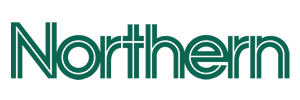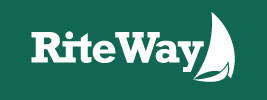The North West Company takes immense pride in its partnership with Mitsoh, a first-of-its-kind Indigenous-owned meat snack brand rooted in care for the land and a strong commitment to cultural preservation.
Community Engagement
We strive to help make a positive, progressive difference within each community we serve. Thank you for allowing us this opportunity to proudly showcase the hard work our employees do everyday to help us keep our promise to each one of you.
RiteWay Supports Jamaican Communities Impacted by Hurricane Melissa
Through the generosity of RiteWay customers and the RTW Group of Companies, $10,000 was raised in support of communities in southwestern Jamaica as they continue to recover from the aftermath of Hurricane Melissa, which made landfall on October 28, 2025.
Helping Youth Thrive: Northern Supports Breakfast Program at Pickle Lake Public School
In Pickle Lake, Ontario, the Northern store team is being recognized for its continued dedication to making a meaningful difference in the community following its support of the breakfast program at Crolancia Public School.
Empowering Local and Indigenous Partners: Pin Me Pretty
Supporting local business ventures is a meaningful way to foster creativity, innovation, and community well-being. Last summer, this commitment inspired a seasonal partnership with Pin Me Pretty, a youth-led business in Cartwright.
North West Supports MKO Santa Express Across Northern Manitoba Communities
This holiday season, the Manitoba Keewatinowi Okimakanak Inc. (MKO) Santa Express once again brought the Christmas spirit to remote and northern Indigenous communities across Manitoba.






